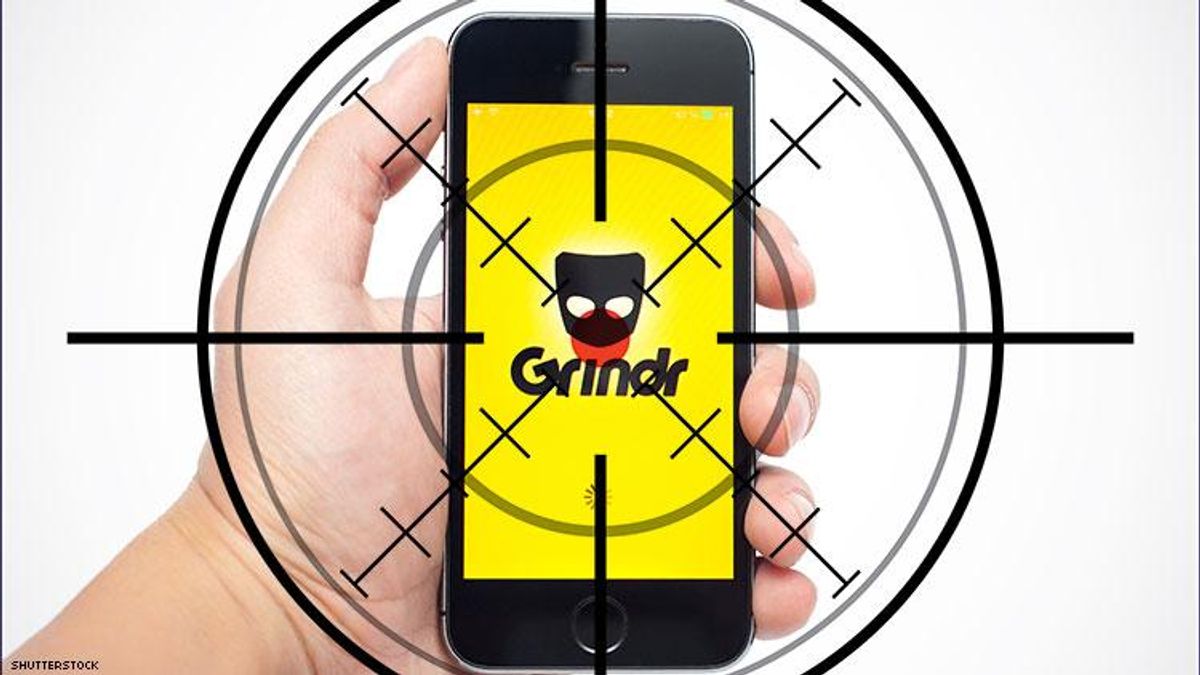Technology
Report: Grindr Users Put at Risk by Security Flaws

A website exposed how simple it is to gain location data for Grindr users, even if they've opted out of sharing such information publicly.

Neal Broverman
Neal Broverman is the Editorial Director, Print of Pride Media, publishers of The Advocate, Out, Out Traveler, and Plus, spending more than 20 years in journalism. He indulges his interest in transportation and urban planning with regular contributions to Los Angeles magazine, and his work has also appeared in the Los Angeles Times and USA Today. He lives in the City of Angels with his husband, children, and their chiweenie.
Neal Broverman is the Editorial Director, Print of Pride Media, publishers of The Advocate, Out, Out Traveler, and Plus, spending more than 20 years in journalism. He indulges his interest in transportation and urban planning with regular contributions to Los Angeles magazine, and his work has also appeared in the Los Angeles Times and USA Today. He lives in the City of Angels with his husband, children, and their chiweenie.
March 28 2018 12:30 PM EST
March 28 2018 1:59 PM EST
Nbroverman

















































































